When to seek help
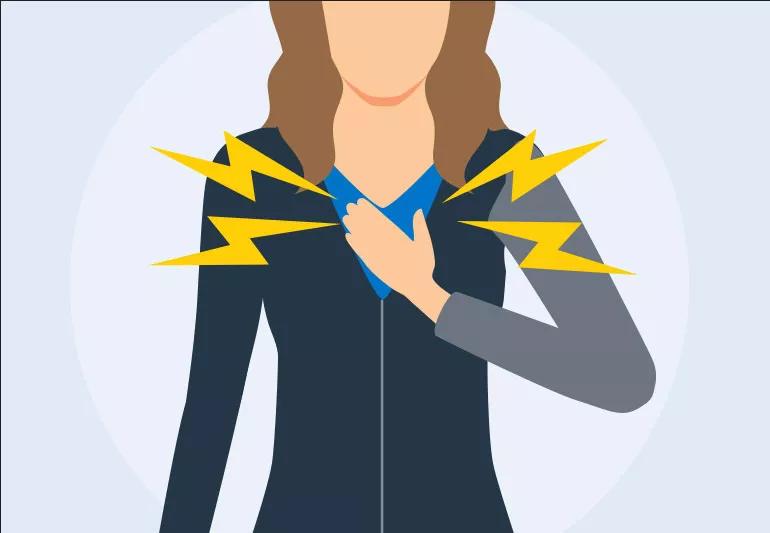
Without warning, there’s a sharp, stabbing pain in your heart. Um. That can’t be good, right?
Advertisement
Cleveland Clinic is a non-profit academic medical center. Advertising on our site helps support our mission. We do not endorse non-Cleveland Clinic products or services. Policy
Chest pain is scary, and it can be serious. But a whole lot of things can cause stabbing pain in your chest, and some have nothing to do with your heart, says cardiologist Sapna Legha, MD.
Here’s what might be causing that breath-stopping pain — and when you should consider it an emergency.
Chest pain isn’t always as bad as you might think. A 2016 study in the Journal of the American Medical Association (JAMA) found that less than 6% of people who go to the emergency room for chest pain actually have a life-threatening problem.
That doesn’t mean you should ignore the pain, of course. It could signal something serious.
So what’s going on inside your ribcage? Dr. Legha points to some of the common causes of sharp chest pain.
Sharp chest pain could signal a pulmonary embolism, a clot that lodges in the lungs. Besides pain, symptoms can include shortness of breath, pale skin, racing heart and cough.
Acid reflux, or gastroesophageal reflux disease (GERD), can cause a burning sensation in your throat or chest — classic heartburn. But sometimes, GERD can cause sharp chest pain and pressure, Dr. Legha says. So can esophagitis, an inflammation of the lining of the tube that connects the throat to the stomach.
Advertisement
With these conditions, pain is more likely after eating, exercising or lying down. You might also have a hard time swallowing.
If you recently hauled a heavy box or worked out too hard at the weight gym, you might have developed a case of costochondritis — inflammation of the cartilage around the sternum. A bad case can cause significant pain.
This dangerous condition strikes when the layers of the aorta, the heart’s major blood vessel, tear apart. It feels like a sharp, tearing pain in your chest and back. Other symptoms include shortness of breath, fainting or dizziness, weak pulse and stroke symptoms.
This isn’t a sharp pain that eases after a minute, but pain you can’t ignore. (And you shouldn’t. It’s a 911 situation.)
Coronary artery disease can cause a painful sensation in the chest called angina. But usually, that pain is described as heaviness, achiness, tightness or pressure, rather than a sharp, sudden blast of pain. “This type of pain is usually brought on by exertion and goes away with rest,” Dr. Legha says.
Typical heart attack pain is similar to the pain of coronary artery disease: A heaviness, tightness or pressure. But some people experience atypical symptoms, especially women and people with diabetes, Dr. Legha says. It’s unusual for a heart attack to cause pain without other symptoms, though, such as shortness of breath, cold sweats, nausea, dizziness or lightheadedness.
Unfortunately, it can be tough to pinpoint the cause of chest pain on your own. So how do you know if it’s an emergency?
If you’re young and otherwise healthy, and the pain eases up after a few minutes, it’s probably not urgent, Dr. Legha says — especially if you don’t have any other symptoms.
“If you’re stable and not clutching your chest in pain, you can probably just schedule an appointment with your primary care doctor,” she says. “Not every pain needs to be worked up in the emergency department.”
If you have other symptoms associated with serious heart and lung problems (like shortness of breath, a lot of sweating or nausea), call 911 or get yourself to the ER.
Similarly, play it safe if you have risk factors for heart disease — high blood pressure, high cholesterol, diabetes, a history of smoking or a family history of heart problems. Err on the side of caution and see a doctor right away, she adds. “It’s always better to be safe and have it evaluated.”
Advertisement
Learn more about our editorial process.
Advertisement
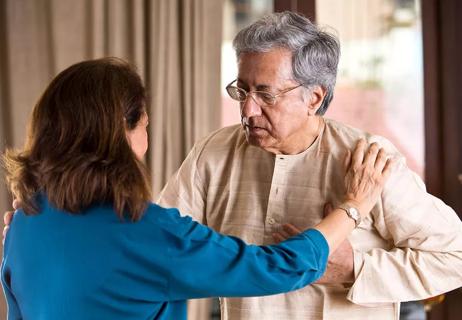
Don’t ignore chest pressure that lingers and can’t be explained
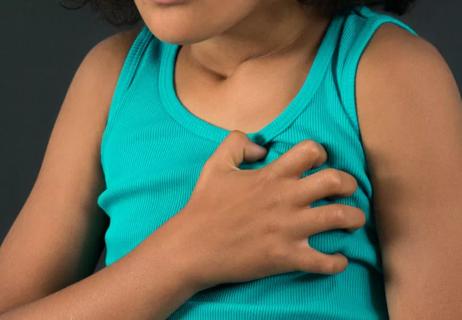
Most chest pain in kids isn’t worrisome, but there are some symptoms that deserve attention
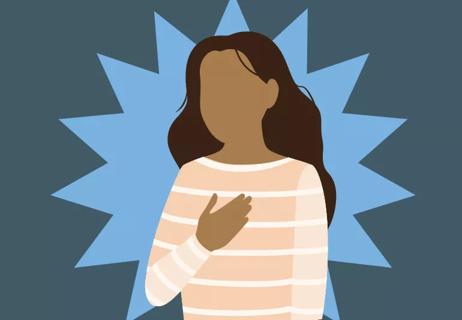
Not all chest discomfort is a symptom of a heart attack
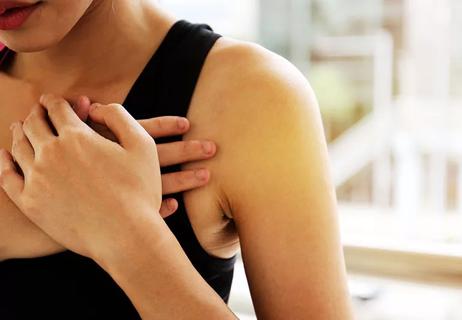
Learn the common causes of chest pain, especially if you're very active
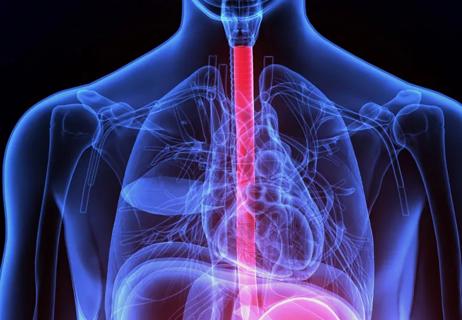
Why the condition, also called jackhammer esophagus, is missed

To help determine what you’re experiencing, focus on how the pain feels, the location of the pain, when it started and how long it lasts
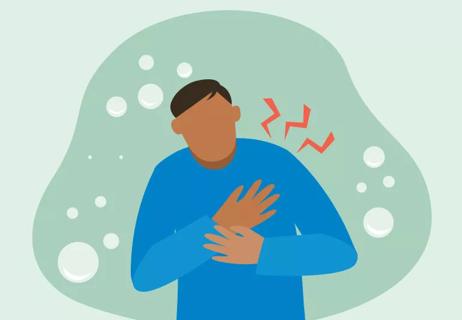
When it can’t pass down south, gas can definitely travel — and get trapped — up north
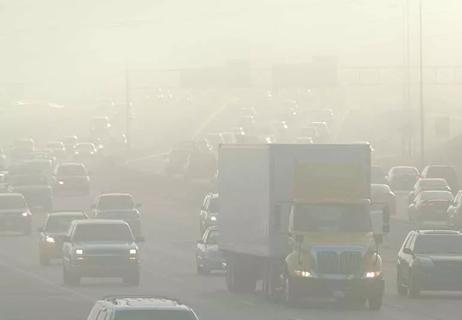
The type, quantity and duration of your exposure determines your risk of injury or illness

Type 2 diabetes isn’t inevitable with these dietary changes

Applying a hot or cold compress can help with pain